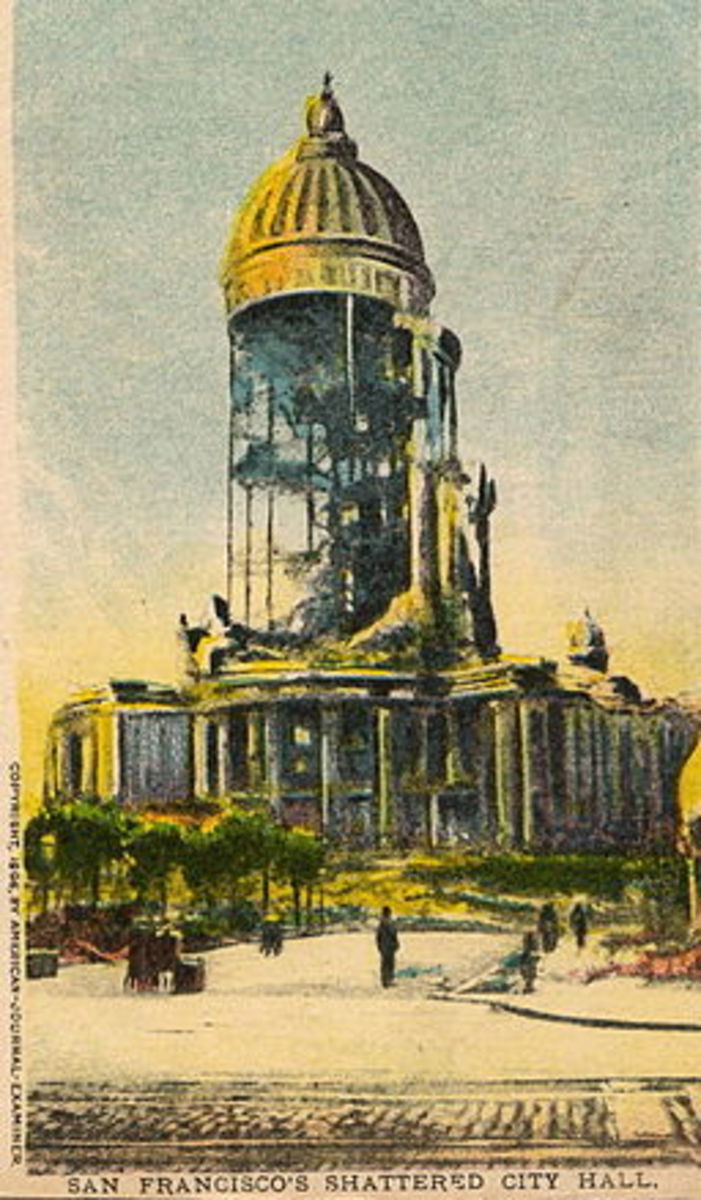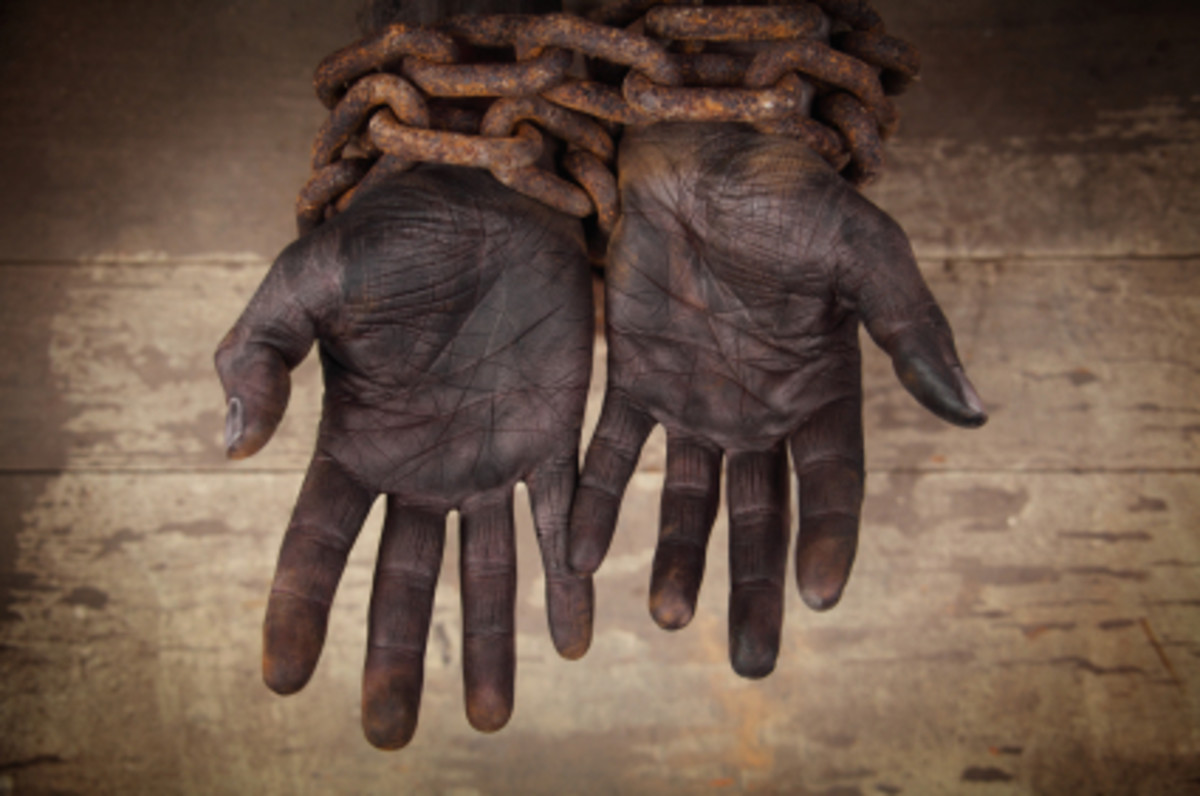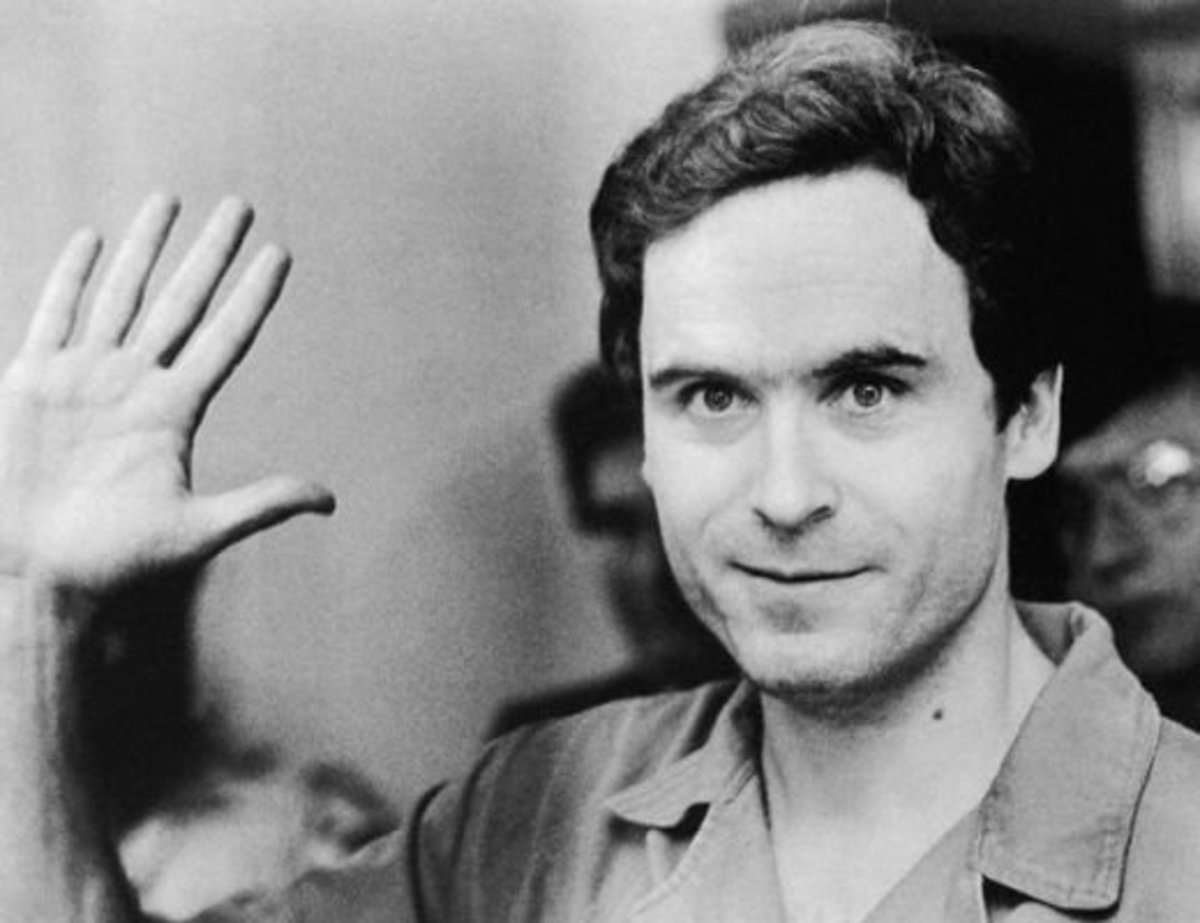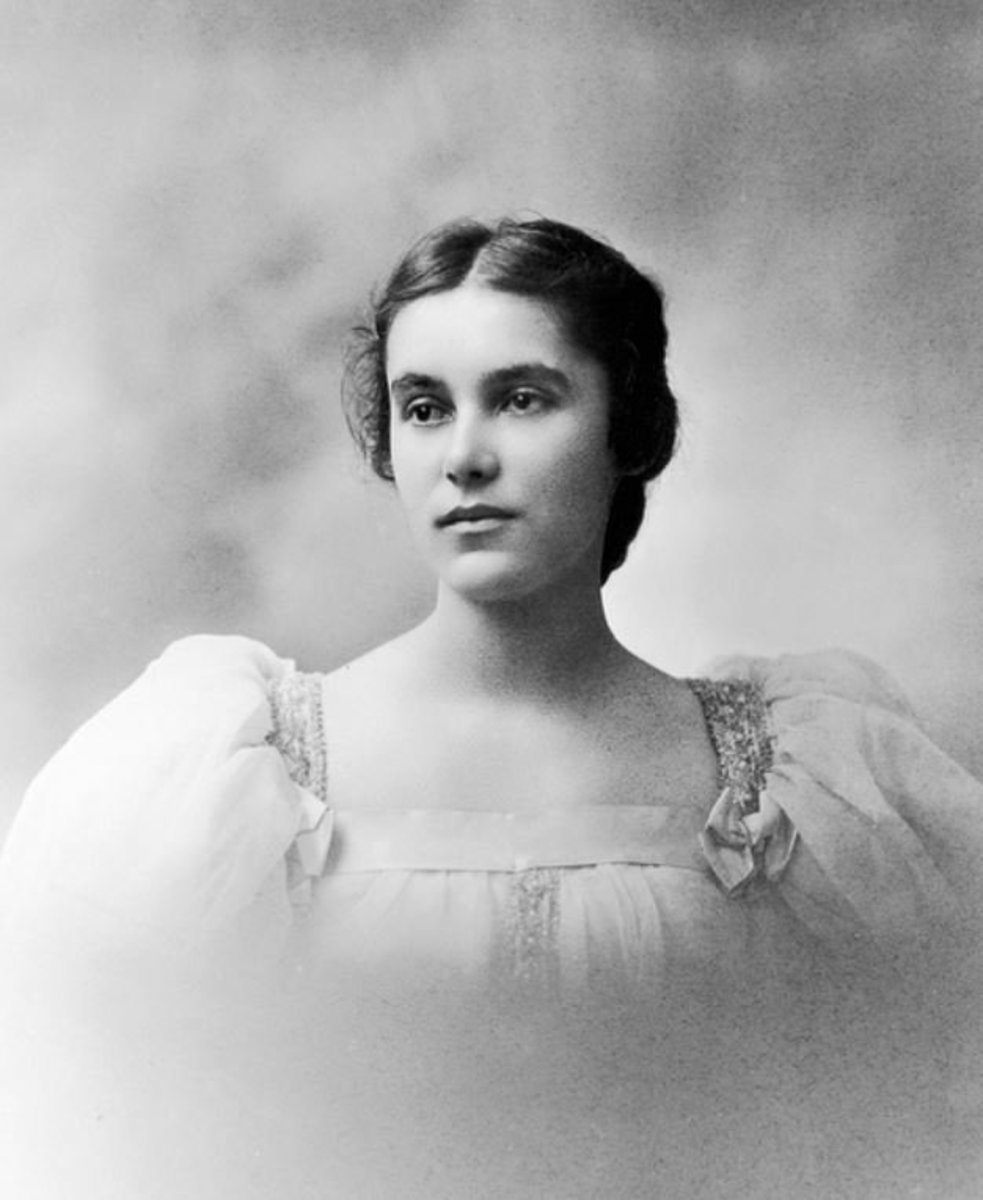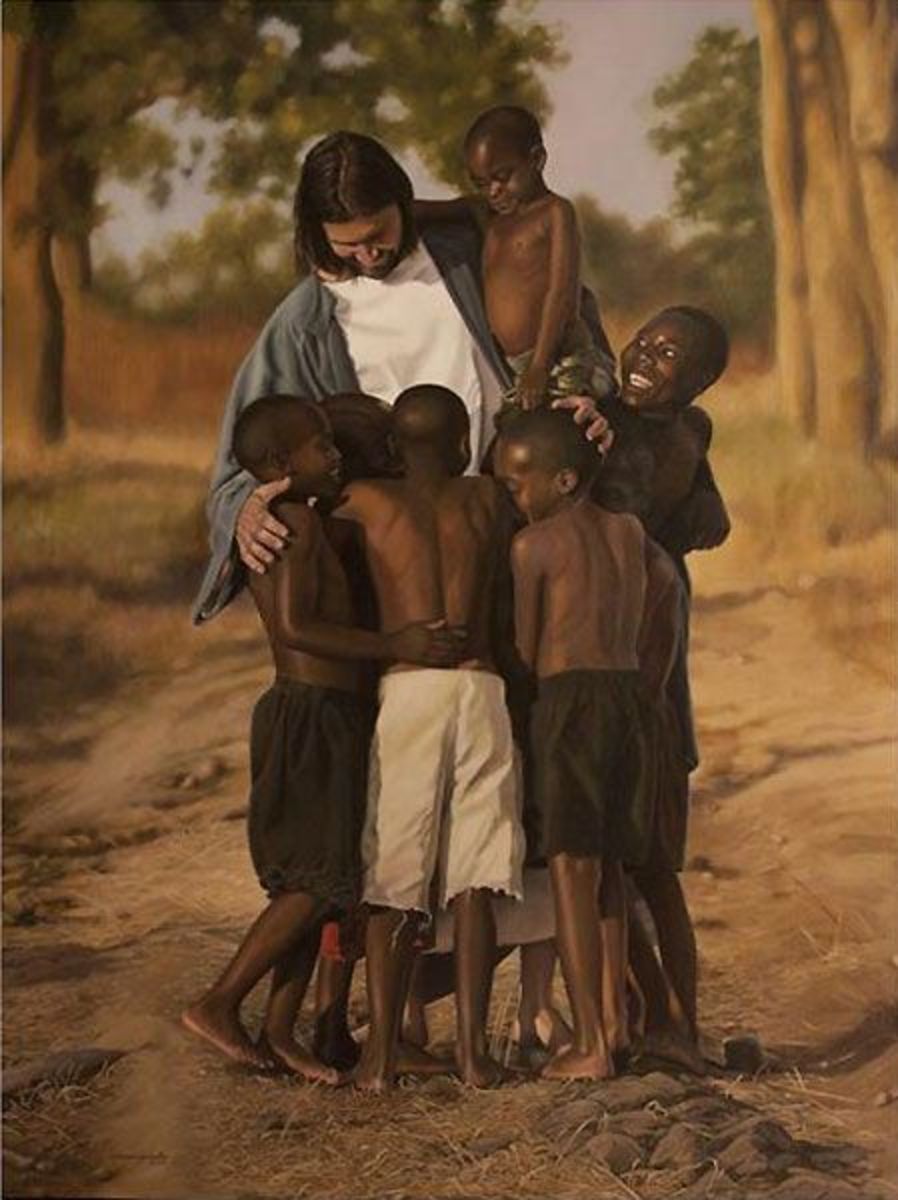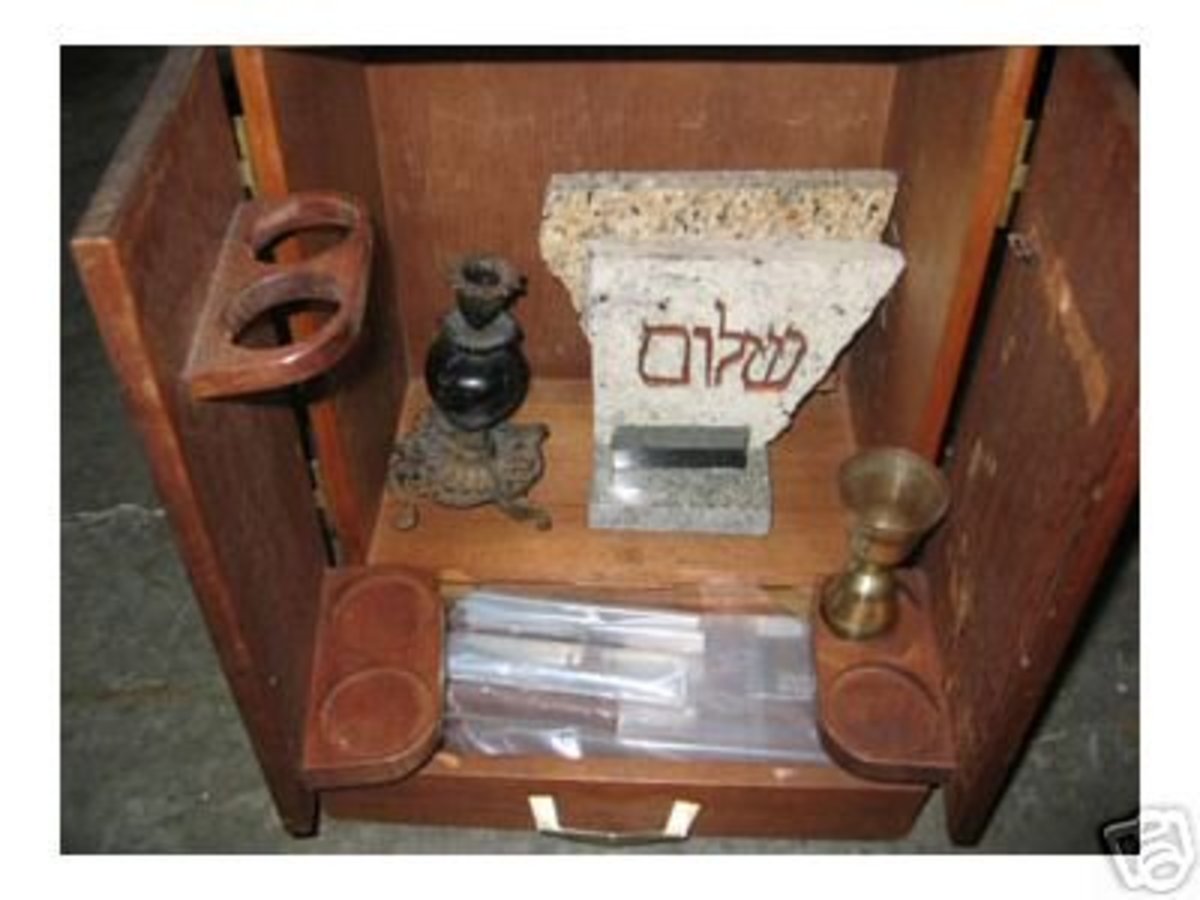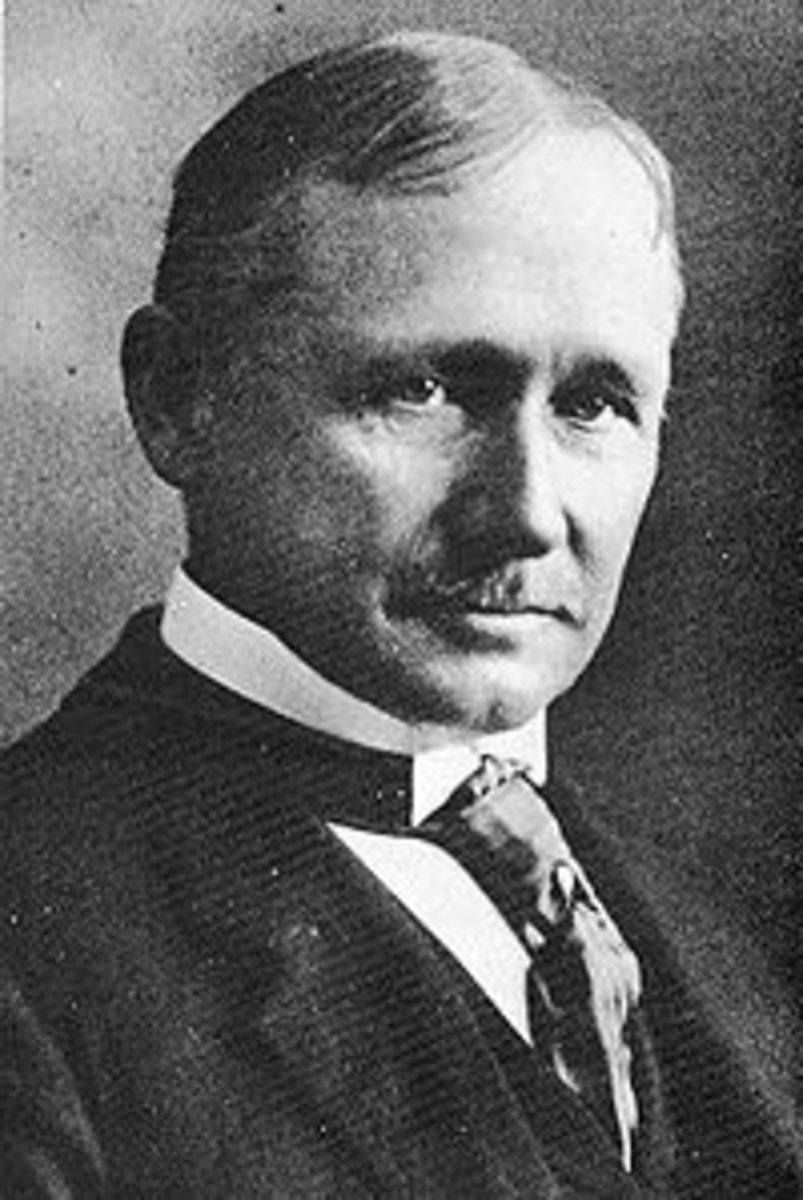Black or White: Get out of the crayola box
Family from C to B
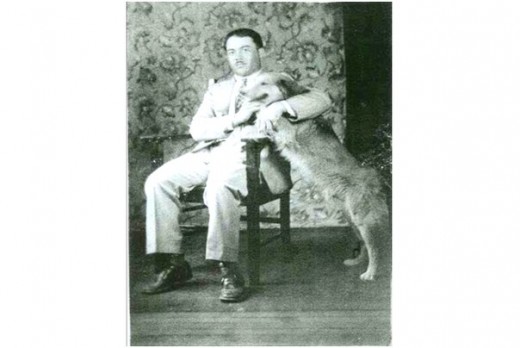
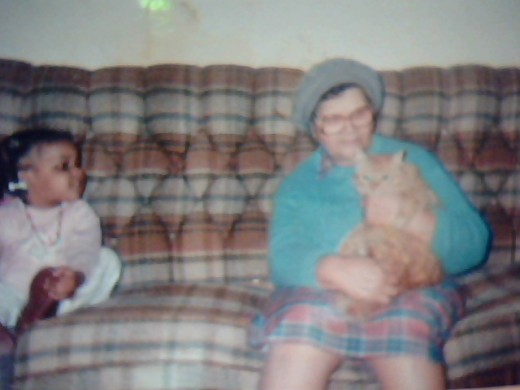
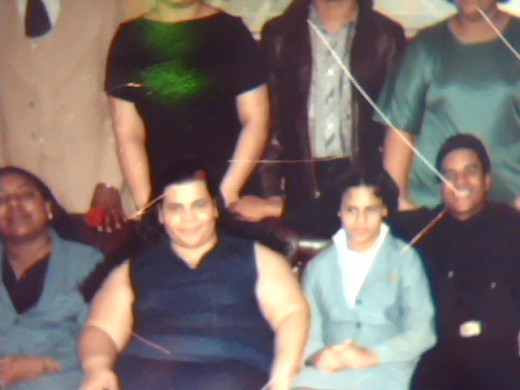
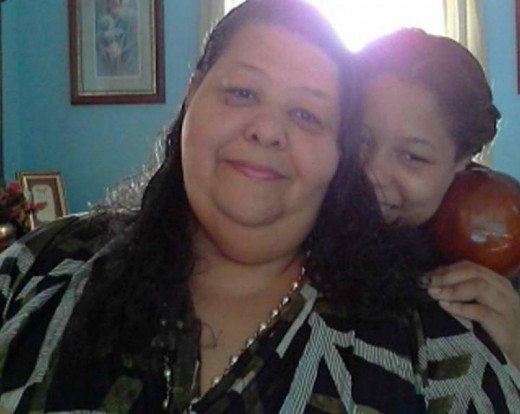
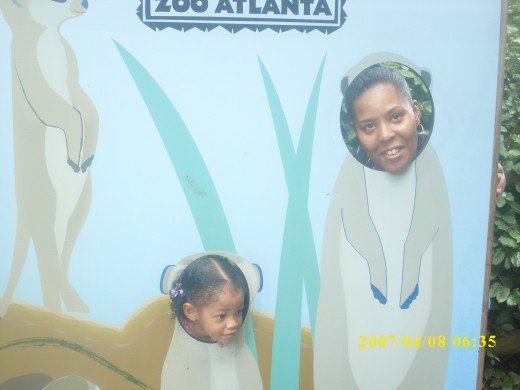
My first in encounter with color diversity was when I was five years old. As a child nearly everyone in my family looked the same and I perceived the world to be this way. We celebrated our birthdays as a huge family events. I had one darker complexioned cousin, but that was explained through by my great grandmother without her knowing it. As children we wanted to drink coffee, that's pretty normal, however she told us no, because coffee made you turn black. "What?!" All of a sudden we all thought amongst ourselves is that why our cousin's skin is darker than ours, so we did what any normal child would do, we asked her if she drank coffee.
She told us yes, her daddy lets her drink some of his every morning. She had no idea what grandmother told the rest of us and we left that encounter in fear of coffee. It was not until I was 12 years old until I realized that it was not true, but from that moment for 8 years I thought coffee gave people color. When I entered kindergarten I encountered people of all colors, shapes, sizes, etc at school, this confused me, because I was very perceptive of people.
After my first day I went to my mom and I asked what I deemed a very important question. I said, "Mommy why do little white girls have long hair and little black girls have short hair?" Really don't remember why that was so important to me. My mom said, "Brittany you are a little black girl and you don't have short hair." I said, "Oh." and skipped off, guess that was good enough for me. Honestly, I don't think I identified with either group and throughout my matriculation I never really did. I had friends galore, but I never really felt that cultural kinship.
As I entered Elementary school I was labeled as mixed, I had no idea what that meant and I resented it. I used humor and muscle to remedy those who called me that name. It was not until I was an adult that I gained the full scope of my heritage. My mother is (deep breathe) Scottish, Irish, Italian, Greek, Cherokee, Lumbee, and African American. My father is African American and Puerto Rican.
I identify myself as multicultural. My mother grew up in a era where she was called half breed, mutt, etc. I was not called these names and somehow I thought because I had never been called a negro or nigger that racism had somehow escaped me. I honestly looked at people as either good or bad. Then, I attended an HBCU and color was all I heard. I gained an African American perspective that I did not grown up with.
I heard so many things and concepts I had not heard or understood previously. We did a family reunion, where my mother and I used oral history from my great-grandmother and began to search on the internet to provide the history for our family reunion. We uncovered a doosy. No wonder my family seemingly had no earthly idea of their heritage or identity from a historical standpoint.
From 1860 to present there was a secret that stifled any identity, there was a secret that led to the cultural confusion. My great-great-great grandmother was born out of wedlock in the 1860s (1865 to be exact) in order to maintain their comfortable yet simple Southern way of life, they decided to send her mother away, have the father sent away, and give Hettie to some slaves to raise. Hettie's mother was 14 or 15 around the time, from birth on she passed her self off as a mulatto (in fact she was Scottish and Irish), so her biological family temporarily relocated and in ten years time became Hettie's neighbors and were there for the birth of her first child, a boy, who is truly mulatto and says such on the census record.
It is not certain if she married for love or to conceal her true identity. What is known is after their third child they separated he went North and she remained in the South staying in contact with her adoptive and biological family. She had children that were multicultural (my great-great--great grandpa with whom she had three children with was Greek and Italian as well as a daughter part Jewish).
Through research I gained a better understanding of who I was and where I came from, boy did I have a tale to give during the history of our reunion. I interviewed one of my oldest relatives that was there when Hettie died and was living in the home with her as a great grandson and he recreated her last moments of life for me. It was such a gift. He confirmed that Hettie said she was Scottish and Irish and that she was truly a Cook and not a Kelley by birth.
Why didn't anyone in my family have any sense of heritage, because it was hidden for a number of reasons. I didn't know if they would thank me or be angry, truth being told I didn't care, because to me the knowledge, legacy, the journey, and discovery was worth it all. I had traveled literally on the same roads, walked the same halls, visited their final resting places, I felt very connected to who I was and I have never been the same since then. Family means so much more to me and race is so obsolete in the large scheme of things. Yes, my great grandmother told us a tall tale to keep us from drinking coffee, because it would make us hyper.
They also told us diggidy would get us if we played under the house or headed towards the woods. It was their way of maintaining our safety and health (no caffeine overdoses here). So, when it comes to people I look at people in terms of the crayola box and childhood. We discover many different colors, we find some we love and some we like, some we don't like. We use some more than others and fall in love with our favorite color. One thing we shouldn't do is totally get rid of any particular crayon, because some colors compliment others and some color's hide the beautiful things and awesome abilities, but you have to be willing to explore them to see. Let's explore the beauty of one another, before we close our crayon boxes.
A little help getting started
- Genealogy & Family Tree Search | Find Ancestors
Find your ancestors and your family history with this fast and easy genealogy records search.
I see your true colors
This is a site where I found relatives and aided others in finding their family
- Genealogy, Family Trees & Family History Records at Ancestry.com
Discover your family history and start your family tree. Try free and access billions of genealogy records including Census, SSDI & Military records.


